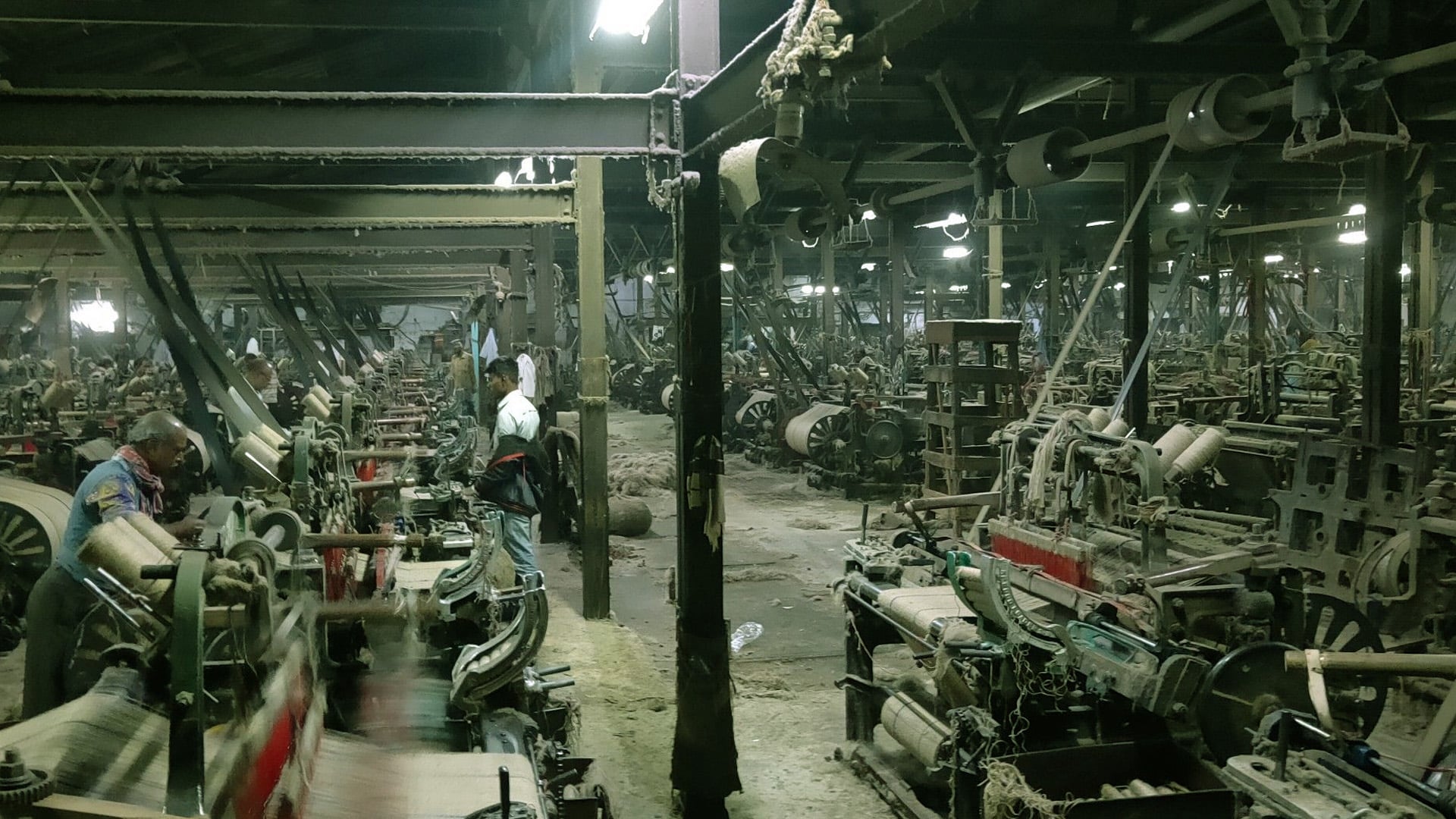Policy and Regulations
Jute regulator plans to conduct search and seizure operations to prevent hoarding
In a bid to prevent hoarding, the regulator of the jute industry is planning to carry out search and seizure operations to enforce its order that asked stockists to hold not more than 500 quintal of raw jute from November 17, an official said on Sunday. In August, the Jute Commissioner’s office had capped the stock holding limit at 1,500 quintal on own or third party account and asked traders on November 6 to bring it down to 500 quintal in the next 10 days. The government’s order came at a time when the price of the commodity soared to over Rs 6,000 per quintal, impacting the manufacturing of jute bags. “We have plans to carry out search and seizure operations as per power vested on us to ensure that the stock limit order is properly implemented. “We will stay prepared and can take such steps anytime because the control order will be effective from November 17 to make sure that raw jute is available at a proper price,” a senior official of the Jute Commissioner’s office told PTI.
Based on the intelligence inputs, the regulator believes that the steep increase in price is the outcome of hoarding by middlemen, and farmers are not benefiting from it, he said. The price, which had crossed the limit of Rs 6,000 per quintal, has now eased to a range of Rs 5,800-5,850 as the supplies have improved following the order that directed traders to reduce the stock limit to 500 quintal. According to the Jute Commissioner’s office, the price should not exceed the limit of Rs 5,600-5,700 per quintal. Meanwhile, Jute Balers’ Association had already announced the suspension of all trading activities from November 23 to protest against the order. The balers’ body also alleged that the control measure has made businesses of its members “unviable” and planned to move a court to challenge it. The price rise of the raw material is adversely impacting the manufacturing and the supplies of jute bags for procurement of Kharif foodgrain and poses a challenge to millers to meet the requirement of such packaging materials for the season.
Also read: Raw material crisis may lead to closure of many SME steel wire units: Industry body
Mills are required to supply another 3.5 lakh bales of jute bags to meet the target of about 14 lakh bales, the industry sources said. Last year, the Jute Commissioner’s office had raided godowns of some mills and balers to check if imported raw jute was used for making bags meant for the government supply. The use of imported raw jute is banned for the manufacturing of sacks, a move aimed at protecting the domestic industry. The jute mills are allowed to hold stocks of raw material equivalent to their average three-month production and it is found that most of the units have their stocks below two-month requirement, the official said. “We are keeping a tab on this and would take necessary action to keep stability in the raw jute market,” he added.










































